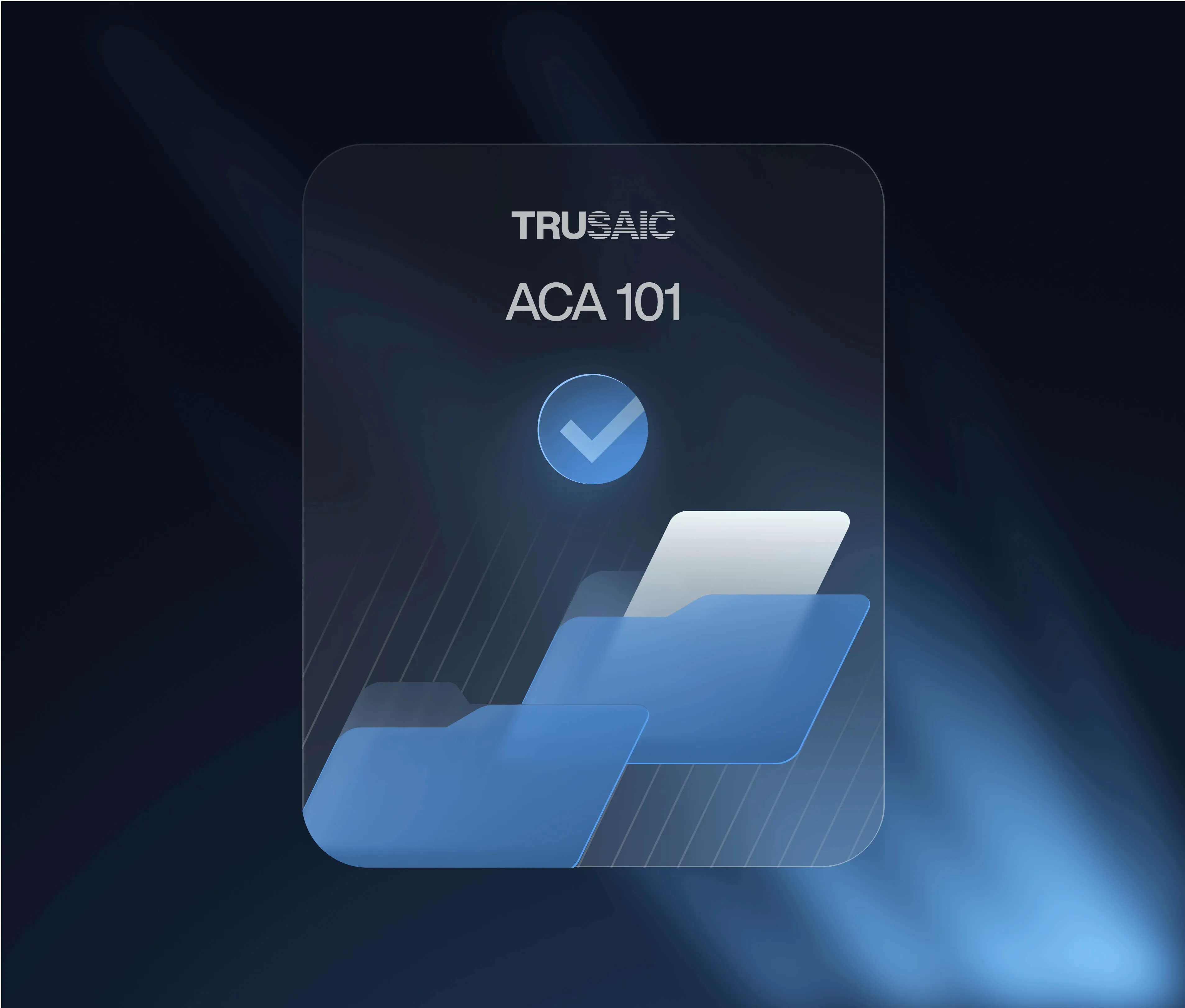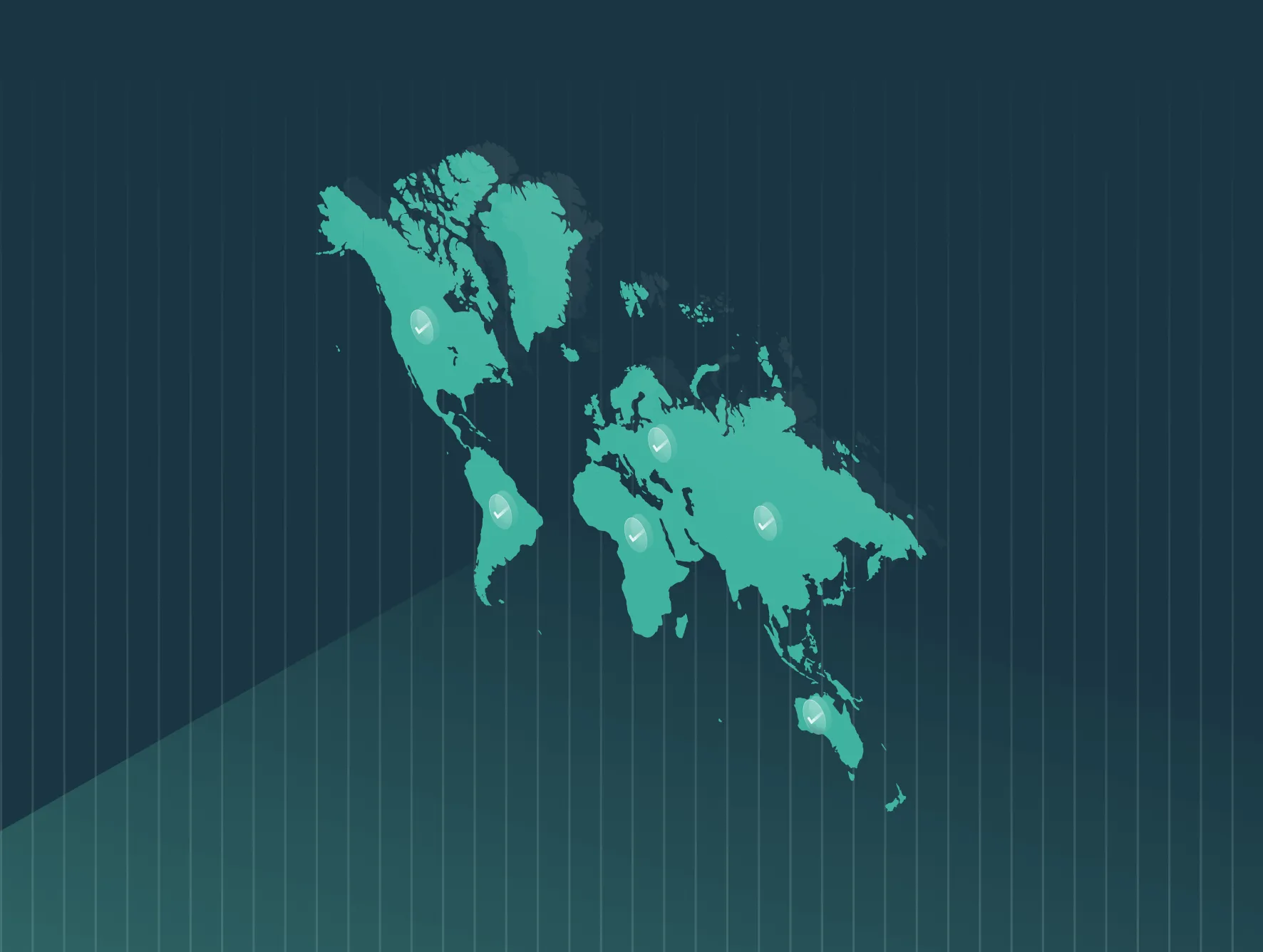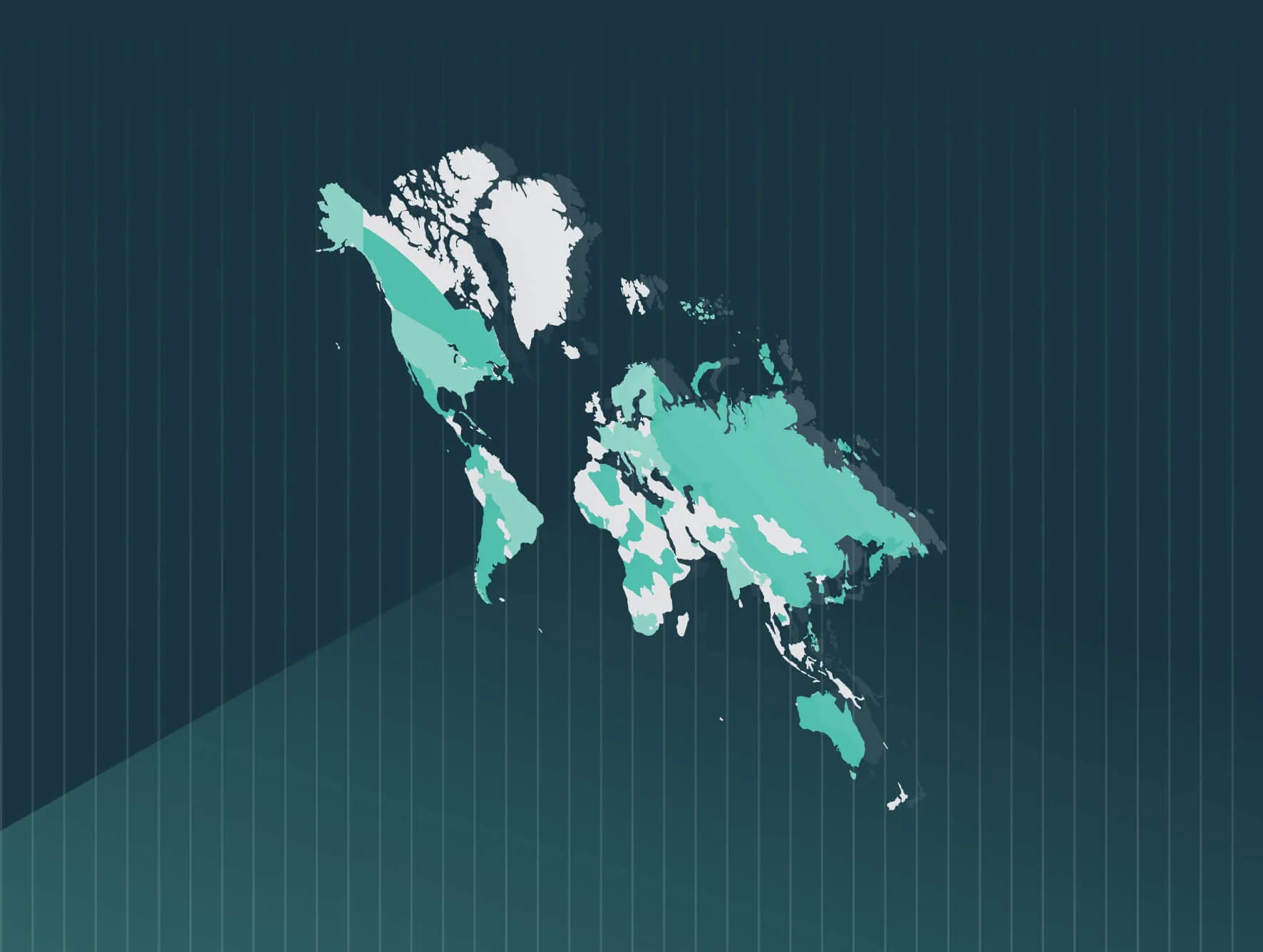Less than 30 days from now the pay transparency requirements of California’s SB 1162 law will be in effect. That means employers with operations in California will need to append pay range information to all job listings.
Of course, sharing pay information for job listings is no easy undertaking. Organizations need to evaluate their compensation practices and verify that their ranges are genuine and equitable. As we’ve already seen in other localities that have passed similar legislation, like New York City, posting salary ranges from $0 to $2 million for a job is not going to fly.
Employers that have at least one employee working in California that fail to post salary ranges in their job listings by January 1, 2023, could see fines of up to $50,000 per violation, i.e., for every job that doesn’t have a range publicly available.
But posting pay ranges to job listings is only one requirement of California’s groundbreaking new pay equity law. There are several more that applicable employers will need to comply with and by additional deadlines throughout 2023.
What’s Included in the California SB 1162 White Paper?
California’s SB 1162 pay equity law affects employers California based and beyond. Included in our how-to whitepaper, we explain:
- The pay data reporting requirements
- Which employers must comply with the pay transparency requirements, which take effect on January 1, 2023
- Deadlines as well and non-compliance penalties
- Examples of different organizations and how SB 1162 affects them
- Best practices for adhering to the law
What makes California’s new pay equity law so significant is how it affects organizations across the country. While it’s true it is a California law – its implications are far-reaching and organizations with just one California employee, even if they are remote, must comply.
This is a significant development for pay equity in the U.S., and by the same token has caught many organizations unprepared.









